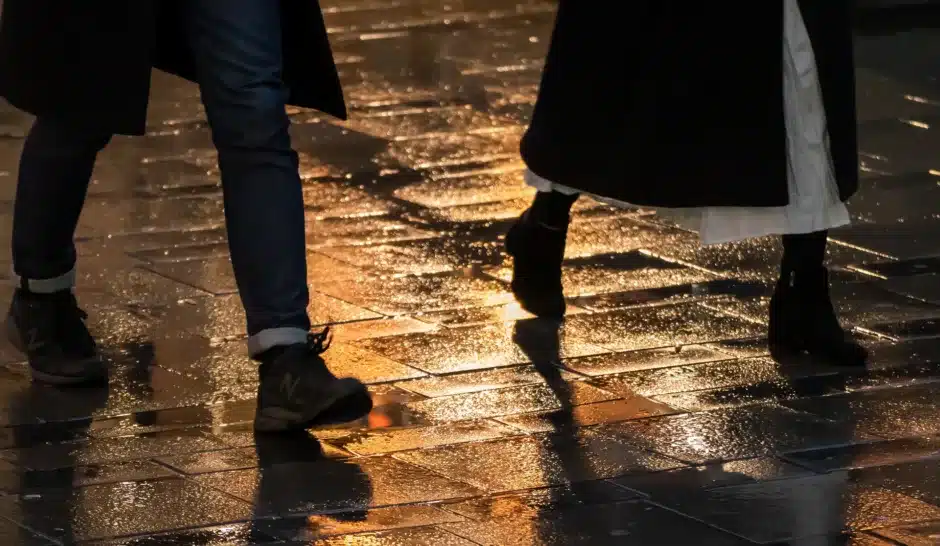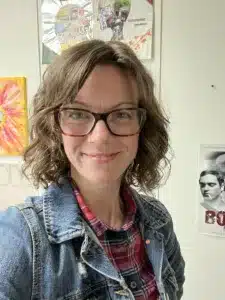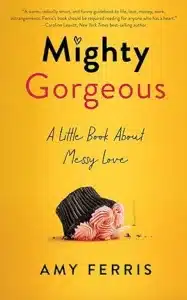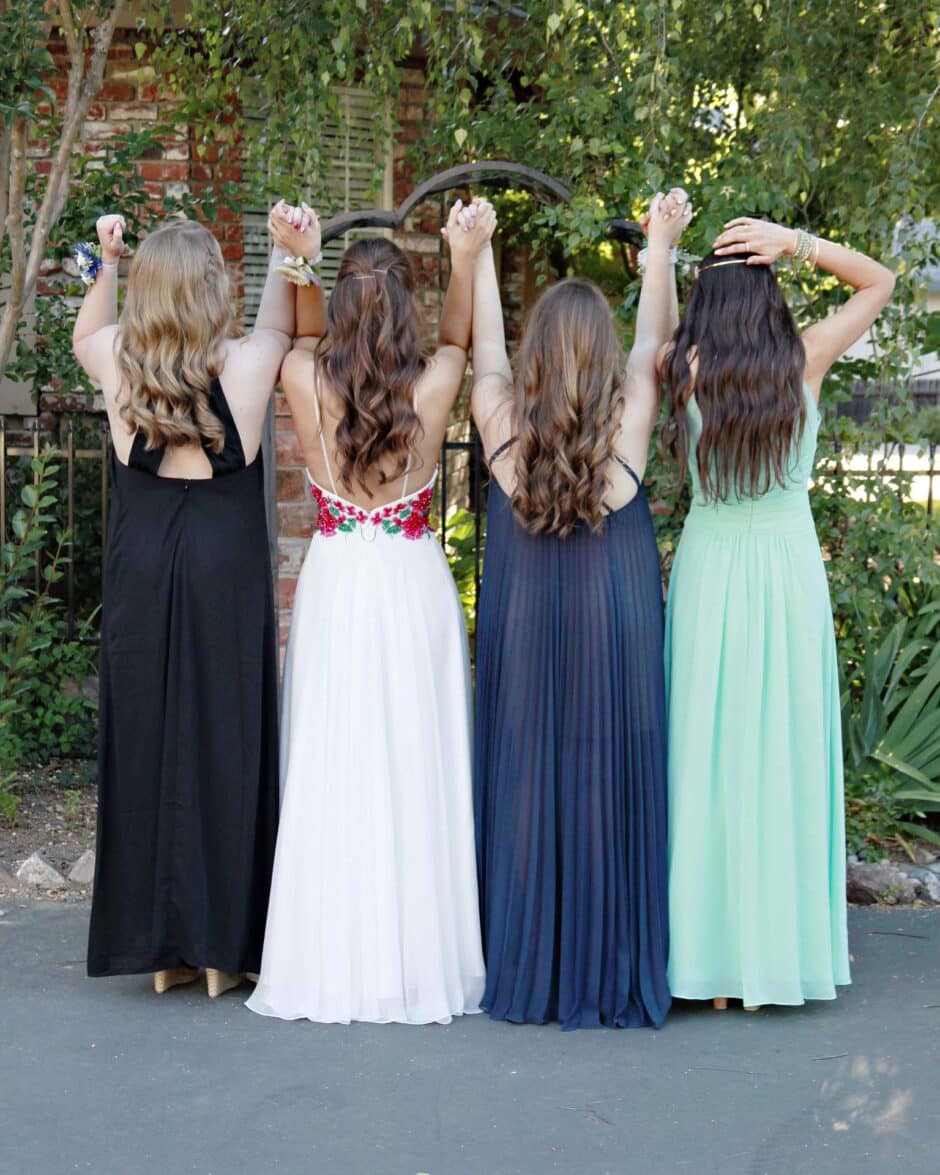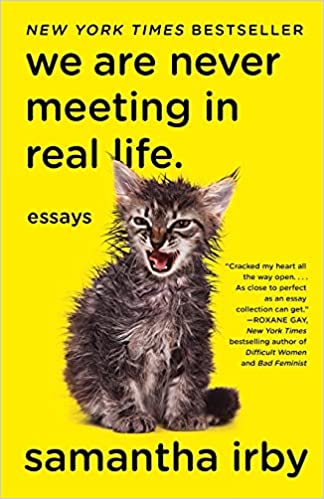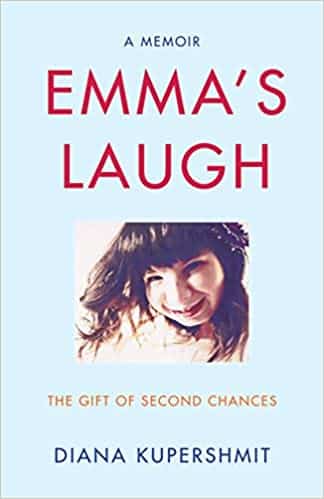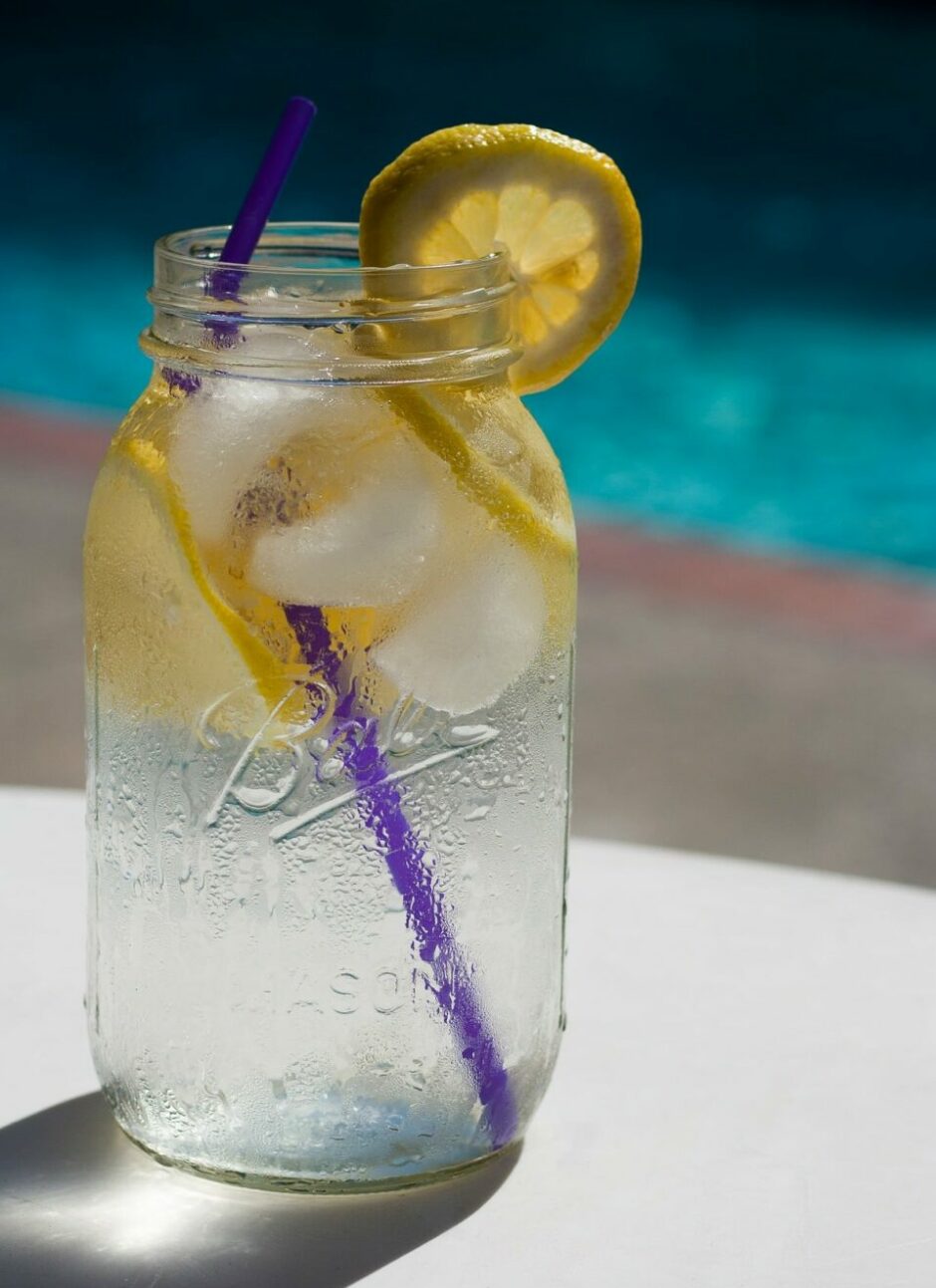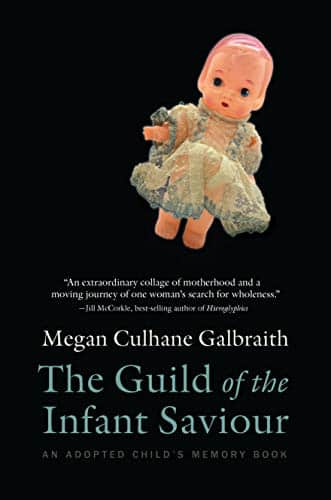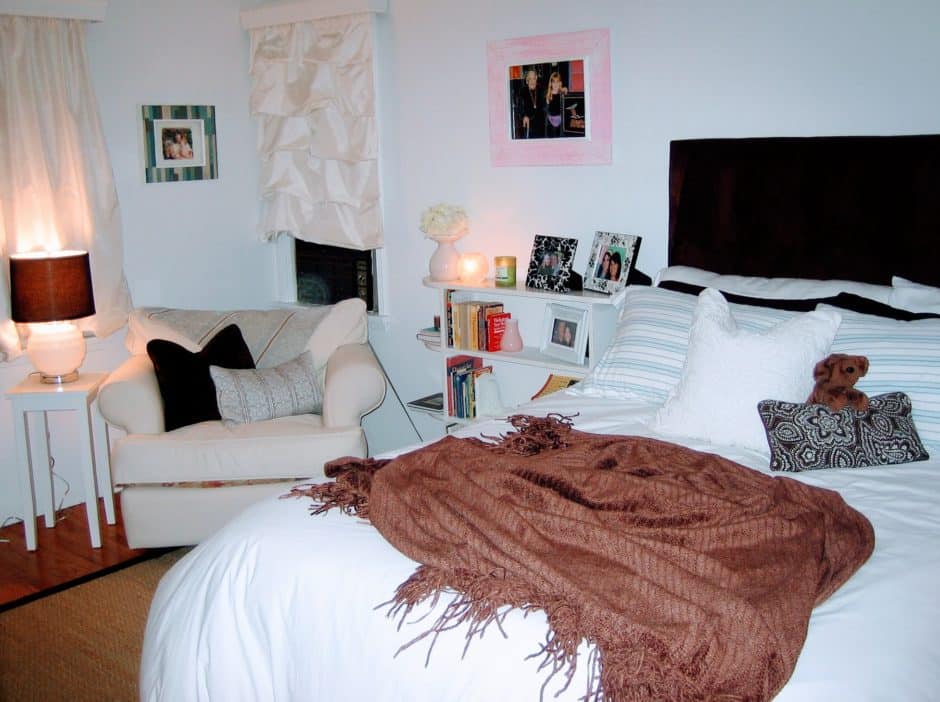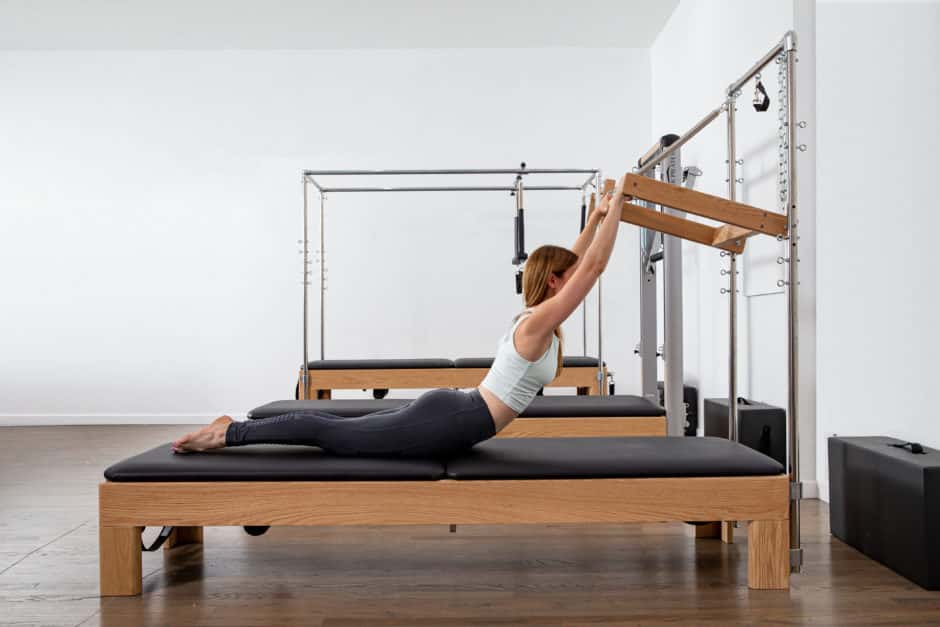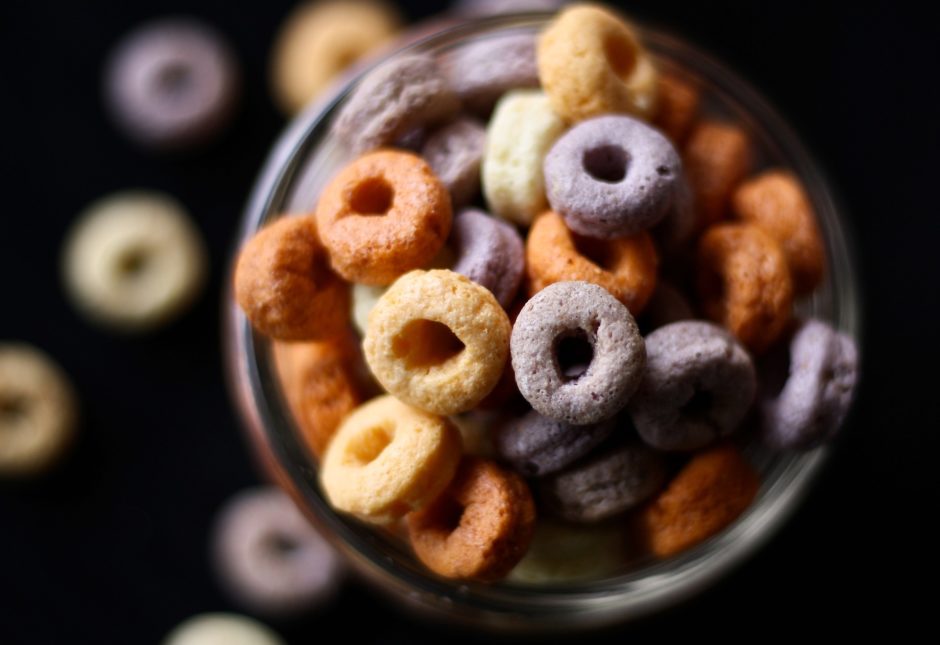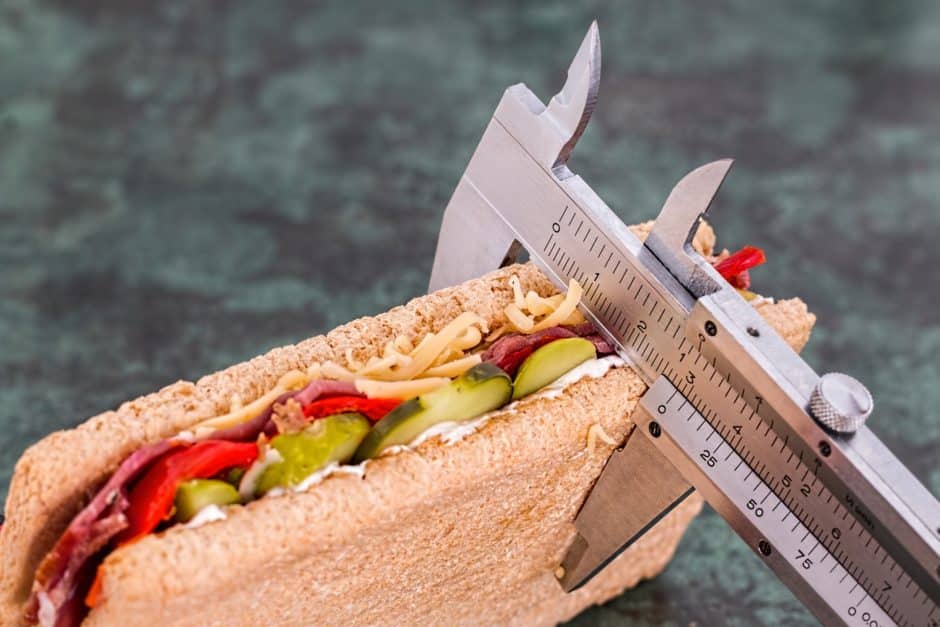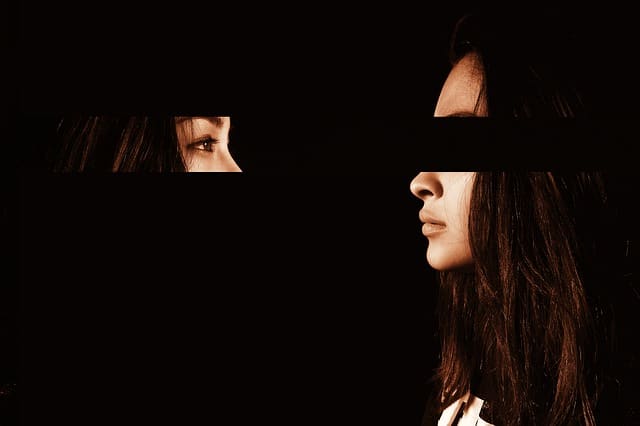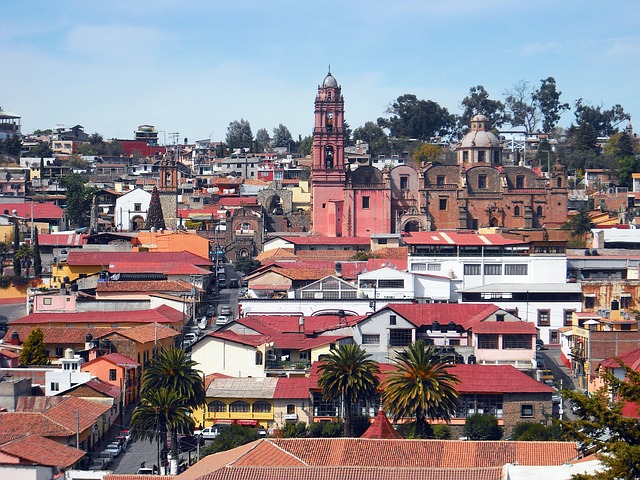I don’t know when it started, but it may have been on a bus.
Growing up two easy hours north of New York City, it was common for a community group of some kind to organize a day trip to Manhattan on a Greyhound coach. My mother, eager to show me the world outside my small hometown, would frequently shell out the thirty or forty dollars to reserve two seats, usually coordinating with parents of my classmates. We’d meet before dawn in a grocery store parking lot—a space big enough to idle the bus—Dunkin Donuts coffee in hand for the adults, plastic bottles of juice for the kids, Munchkins to go around. My friends and I would jostle for spots in the back to warnings of “behave or we will separate you.” Rowdy on sugar and novelty, we got a stern glance now and then during the first half hour of the ride, as the driver took us across the Rip Van Winkle Bridge and onto the thruway headed south to the city. After a while, though, the too-early wake up (on a Saturday!) and consistent humming of the motor would lull nearly everyone asleep, save perhaps the almost-elderly, whom I now suspect were used to rising at that hour and enjoyed the eventual peace and quiet.
The days might be spent in combinations of parents and kids, sightseeing the obvious landmarks, eating street-cart soft pretzels, and trying not to get lost so we wouldn’t have to embarrass ourselves to chic New Yorkers by asking for directions. Sometimes, the trip involved seeing the matinee of a Broadway show, and our large group, having splintered off at the 8 am arrival into Port Authority, would reconvene in the balcony to enjoy Phantom or Cats or whatever musical was just enough past its prime for a bunch of out-of-towners to score a group discount. Mostly, though, my mom and the other parents would try to get us kids to learn something at Ellis Island while we begged to go to FAO Schwartz. The Museum of Natural History tended to be a decent compromise, because at least we got to see the dinosaurs.
We would eat dinner at tourist-trap restaurants in Times Square—Planet Hollywood or Hard Rock, choosing overpriced chicken fingers and whining to buy overpriced merch. Afterwards, we’d begin the walk back to meet the bus and our driver, possibly stopping on the way to buy a magnet or postcard or other memento from exactly the kind of shop you imagine. Hopped up on caffeine from free Coke refills at dinner, we’d clamor aboard to return to our original seats, so marked with personal belongings leftover from the morning whose purpose was solely to occupy empty space and ensure the rightful reseating of its owner. The parents, exhausted from a day of shuttling us around, fell asleep almost immediately, and if nothing else, we were smart enough to keep the volume down as we chatted with each other about the gravely significant moments of junior high. We’d successfully fight to stay awake on the return bus ride, only to fall asleep immediately in the car during the fifteen minutes it took to get from the parking lot back to our quiet small town homes.
Most of these trips blend together. Once, I remember wearing garbage bags as rain gear because my mom refused to shell out twenty bucks for two blue plastic ponchos when an unplanned downpour met us upon arrival.
And another time Glenn told me how fat my thighs were.
Despite being two years my senior, this one trip home we ended up sitting together. He was the older brother of a male classmate. I was in the window seat and had on shorts. Not short-shorts—my rather prudish mother would never allow me to dress “like that”—but shorts of a reasonable length for a tween. I remember now, though I didn’t always, that he poked his finger into my inner thigh as the bus maneuvered the bumpy potholes of Yonkers. “Look how it jiggles!” he laughed.
***
I moved the food around on my dinner plate just enough to look like more was gone than had made its way into my mouth. I became a vegetarian—yes, certainly because of the inspiration from my Birkenstock-wearing, Phish-listening camp counselors over the summer, but also secretly because I would be able to consume less while standing on a soapbox. After school, I would take the bus home, let myself in, and run the carpeted stairs in my small townhome for an hour until my mom came home from work, then go for a jog. I used her antique marble bookends as weights to do biceps and triceps. Though planks weren’t en vogue then as they are now, I did all manners of ab exercises on the scratchy living room rug.
One evening after rehearsal for the school musical, my then best-friend’s mom took us to Burger King. When asked my order, I chimed from the backseat that I wanted a veggie Whopper—basically the bun with the fixins’—and a Diet Coke. Mrs. F looked at me from the driver’s seat and commented on my sallow skin, sunken eyes, and lifeless hair. “I think I know what you’re doing,” she said, “and I will tell your mother.”
***
It is an unnaturally warm October afternoon; an Indian Summer, I might have called it once. My car is so hot from the sun beating through the windows all day that I decide to risk my physical safety to remove my shirt while I drive down the equally unnaturally empty Schuykill Parkway toward downtown Philadelphia for an appointment. When I am eventually forced to sit in traffic, I rationalize that the passenger in the car next to me can’t see more than if I were on a beach in a bikini, not that I would wear one.
I walk into an office building and wait to be called in. I am there to be evaluated as part of an experimental treatment for Seasonal Affective Disorder being run through Temple University. Entirely self-diagnosed, I signed up to participate in this study mostly out of curiosity, understanding full well I could easily be part of the placebo group. Eventually, the researcher appears in the room to bring me back. She introduces herself, explains the purpose of the study, and has me sign the requisite consent forms before giving me a questionnaire to assess my overall mental state. After several minutes of quiet save the scratch of my pen, I hand it back. She quickly takes inventory of my answers and looks at me as she places the clipboard on her desk.
“Well, I think you’d be a good candidate for this study, to start,” she says. I smile, glad my trip to the city on a work night wasn’t wasted. “Let’s talk about your body issues.”
“I…um, ok?” I stammer. I’m sweating again.
“How long have you thought these things?” she asks, gesturing at my answers. “It’s obvious there’s something there.”
“Well…kind of always? Definitely since middle school, but, I’ve never, like, told anyone.” Mrs. F’s warning flashes in my mind.
“Tell me more about your eating and workout habits,” she coaxes.
She listens as I tell the superficial truths about my lifestyle, making sure to point out that I do eat, even if I also workout with extreme regularity.
“Have you heard of Body Dysmorphic Disorder?”
“I haven’t.”
“Without doing a full evaluation with you as my patient, I can’t say for certain, legally. But…” She trails off; I understand her meaning. She steers the conversation back to my original purpose for being there, and I leave that evening with one of those light-boxes and a sheet to track my usage. For being in the study, I got to keep it.
***
My friend BP and I scurry into class a wee late, Starbucks guiltily in hand. It’s a small doctoral seminar, so we can’t hide, and our professor chides us good-naturedly before continuing her lecture. As usual, she’s holding court from the front of a conference table, unconsciously waving an invisible cigarette as she waxes on. Two hours later, we are dismissed, and she grabs me before I leave to hand me her extra set of keys; I’m house-sitting for her this weekend like I often do when she travels. “Have the girls over for wine and enjoy the deck!”
I do just that, since I never host at my tiny apartment. We settle into her cushioned patio furniture with drinks and a cheese plate. After the requisite complaints about various papers and professors, the conversation turns to our absent host and how much we adore her and her wacky-chic aesthetic: a severe dyed-garnet bob; a uniform of all black denim, even in the humid Ohio summer; cherry-red manicures.
“I don’t know how she lifts her little arms with all that silver jewelry!” I joke. “She’s so tiny!”
“You’re the exact same size!” BP admonishes from across the table.
“On what planet are we the same size!?”
“This one,” chimes in Kate between sips of her Pinot Noir.
“No way. Absolutely not. She is minute. I have chunky workout legs and she is a stick!” I put down my wine glass to gesticulate for emphasis.
“Easy way to solve it. Go try on her clothes,” Erin shrugs. I protest that this seems like a housesitting violation. But they won’t leave it alone, so we go upstairs to the main bedroom.
I rifle through her walk-in before selecting a pair of her oft-worn black jeans with rhinestone swirls on the back pockets. I tug down my yoga pants, muttering that this is dumb and stupid and that my friends will be really embarrassed when I can’t even get them over my ass.
Not only do they slide on easily, they’re almost too big in the waist.
I emerge, sheepish and making excuses, to several pairs of eyes staring I told you so.
***
I wish trying on those jeans had resulted in an epiphany that catapulted my life forward with a newfound body awareness and resolve to fix the fucked-up cycles of my brain. It didn’t, of course. BDD isn’t your garden-variety westernized hatred of the female body. Like most women I know, can list off in rapid succession aspects of my appearance I wish were different: too-fine hair, too-pug nose, too-pale skin, too-small breasts, too-thick ankles, even a too-long toe. Like my mother, I have one droopy eyelid, veiny hands, and very pointy elbows. BDD is more than this. It’s like living in the house of mirrors at a carnival: rationally, I know that how my brain interprets my reflection is distorted and keeps me confused and trapped, but I can’t escape. I walk around pretending to ignore the feeling that underneath my skin is a skeleton covered in a suit of sludge.
Not common parlance when I sort of stopped eating in the early 90s, “disordered eating” is part of my struggle, and why other people with BDD often get misdiagnosed with anorexia. Memes about “not having to earn your food” or “there’s no such thing as bad food” are de rigueur on body liberation social media accounts, now. The raging feminist in me celebrates these sentiments, as well as those about BMI, obesity, and fat being dangerous myths perpetuated by the billion-dollar diet industry, because I honestly love food. Yet I am constantly calculating what I put in my body and how I’ll compensate for it before or after. I pre-check menus if I’m headed to a new restaurant to adjust my lunch in preparation for my dinner. I choose hotels with fitness facilities when I travel, so I can enjoy those out of town restaurants more easily. When I go home to visit my mom for winter break, I pay the daily rate at her local big box gym to compensate for the champagne and holiday snacking we’ll enjoy for a week.
Ironically, people often comment on “how much I can eat.” One Thanksgiving, Kate’s grandfather clapped me on the shoulder for helping myself to thirds, boisterously questioning where I was putting all those potatoes. What he didn’t know is that I went to the gym earlier that day and extra the next. You can find me hovering around the appetizer table at most parties. I stress-eat after a breakup or other emotional setback. A child of a Boomer whose parents lived through the Great Depression, I’m a lifelong member of the Clean Plate Club at meals.
Until recently, I have shared my struggle with very few people for fear it translates into mere vanity, or worse, an acquiescence of the patriarchal beauty standards in a culture that commodifies the body. But the distorted eating and gym obsession is more than the desire to maintain a “healthy lifestyle” or whatever palatable phrasing we’re using now. I literally can’t help it.
Eating makes me anxious. Not exercising makes me more anxious. Thinking about either makes me anxious. I do not feel right or think right or act right if I am out of equilibrium, a delicate homeostasis that requires calculated measures to achieve in the first place. Sometimes, my desperation is so real I fantasize about a Faustian solution. To be rid of this anguish is one of the three wishes I’d ask of a genie—but only if it came with the “good day” feeling, too. The downward spiral of knowing how much more I could be and do and want and allow myself, if only, is a feedback loop of fear and frustration with no finale.
This loop is further fueled by: how dare I.
I am white and cis and able-bodied. I am squarely middle class with access to several grocery stores and the transportation and literacy to access and prepare nearly any food of my choosing. My budget allows for memberships to fitness facilities, at times even a personal trainer, and a few pieces of equipment for my home purchased during lockdown. I would never grace the pages of a magazine, but I have undoubtedly benefited from the pretty/thin privileges, especially given that I was raised with the social mores to finesse my dress for all occasions, including job interviews, and can usually find clothes in my size, without the added burden of plus-size pricing or needing a seamstress.
How dare I applaud beautiful fat women without having their body confidence to wear a crop top or remind my new-mom friend that no one cares she doesn’t fit into her pre-pregnancy jeans while I can’t wear my own without a hefty leg-day workout first or convince my carb-conscious friend to “order the pasta if you want it! Life is too short!” while knowing I would punish myself for the same order or even click like on the meme about how we’re not alive to lose weight and pay bills.
How dare I exist in this world as I am and be unable to enjoy neither the world nor myself?
***
I am one week into a two-month backpacking trip through Southeast Asia, floating down the Mekong River on a boat with my newfound (in their 20s) friends from England. Having crossed into Laos the day prior after several days in Thailand, I’ve generally adjusted to the local cuisine which for a vegetarian is quite accommodating—rice or noodles and tofu and veg in varying recipes that are, to use a Thai phrase, “same same but different.”
But. It’s been a week since I was at the gym, so I’m fighting off a bad body day. It is obviously humid, which, coupled with being surrounded by women who still have gorgeous skin courtesy of an ample, youthful supply of collagen, has left me feeling gross and ugly and full of sludge. We lounge around, pausing every so often from our reading or chatting to listen to our boat guide tell us about the importance of the Mekong or various sites. I scroll through pictures from my travels so far and must use self-talk coping strategies to not delete several shots of me giving an elderly elephant a bath at a sanctuary, because I am (of course) in a bathing suit. I get angry with myself for worrying about what I look like bathing an elephant in Thailand because it is a waste of emotional space to give a once-in-a-lifetime moment. I flashback to the memory of the picture being taken by a stranger and how I strategically added mud to my already muddy body as dysmorphic camouflage. I simultaneously chide myself for these thoughts and admonish myself for chiding myself since I can’t help them and wrestle for a few moments with the knowledge that I have nearly 50 more days of this trip: the Southeast Asia battle of this incessant war.
The wife of the Laotian couple leading the boat tour announces it is time for lunch and reveals a magnificent spread of (you guessed it) rice and noodles and tofu and veg, alongside chicken and other meat dishes and salad. I help myself to the buffet and stifle the internal monologue about the prevalence of carbs, reminding myself that the iPad I’ve toted along as an e-reader cost about three months this woman’s salary and just shut up and stop worrying about your Western mental struggles, you ungrateful colonizer. It helps a little.
Later that same trip, now on an island in Cambodia, those same girlfriends and I go night swimming in water full of bioluminescent algae. We hiked that day, so I’m feeling good-ish about skinny dipping, letting the trails of faint green light swish around the path created by my arms and legs. For just a moment, I am free and light and astounded by the natural world and my absolute privilege to be exactly where I am, and how.
Hilary Brewster is an Associate Professor of English and the Director of Women’s, Gender, and Sexuality Studies at Marshall University. Previous publications have been with Palgrave Macmillan, Sense, Two Cities Review, Cargo Literary Magazine, and Bookbird journals. Her poem “Am I Allowed Here?” appears in the 2022 Anthology of Appalachian Writers, and her article about pregnant stand-up comedians is forthcoming in the Journal of American Popular Culture.
***
Wondering what to read next?
We are huge fans of messy stories. Uncomfortable stories. Stories of imperfection.
Life isn’t easy and in this gem of a book, Amy Ferris takes us on a tender and fierce journey with this collection of stories that gives us real answers to tough questions. This is a fantastic follow-up to Ferris’ Marrying George Clooney: Confessions of a Midlife Crisis and we are all in!
***

